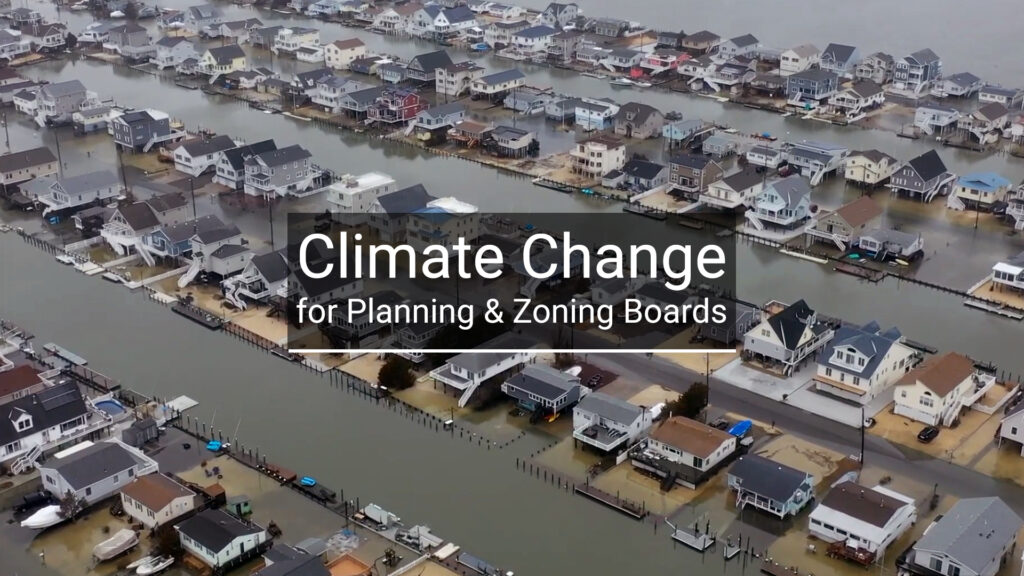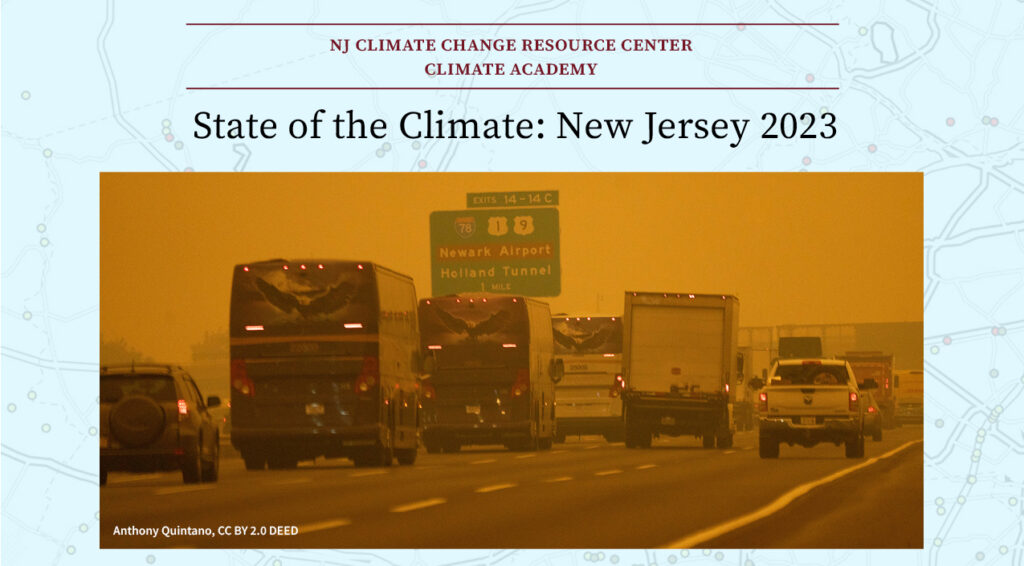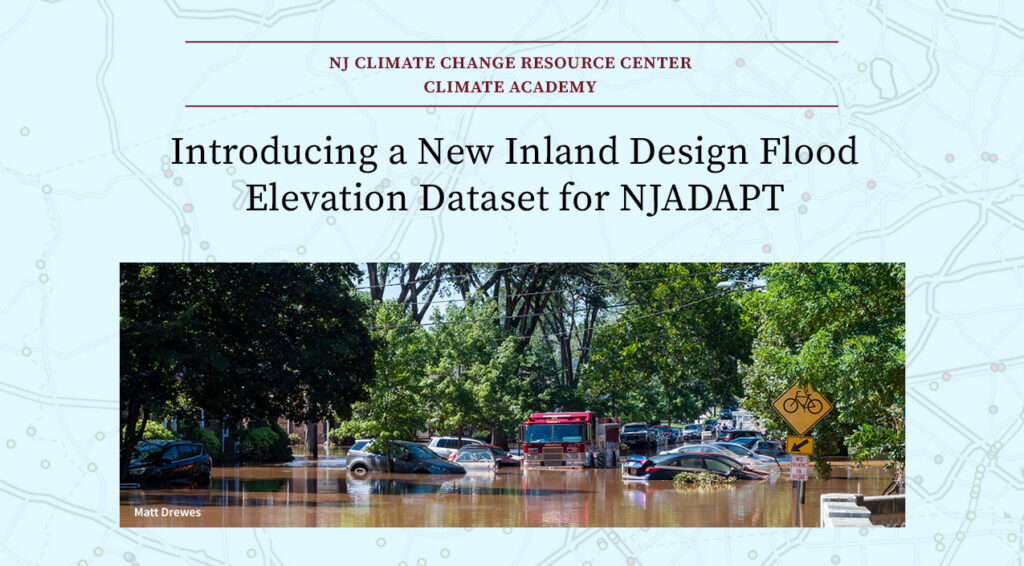CONFERENCES & WEBINARS
Introduction to a Heat Vulnerability Index for New Jersey
Dr. James Shope, Applied Climatologist, and Pritpal Bamhrah AICP, Senior Research Specialist, of the NJ Climate Change Resource Center (CCRC) introduce the CCRC’s recently released Heat Vulnerability Index (HVI) for New Jersey.
What is a Heat Vulnerability Index?
- Heat vulnerability is the extent to which a community or person is likely to experience negative outcomes from extreme heat, such as increased hospitalization.
- An HVI combines social and environmental factors that disproportionately exacerbate heat-related illness and death to highlight which communities may be more vulnerable to extreme heat.
- An HVI is a valuable tool for communities, policymakers, and local officials to target strategies to protect the communities that are most vulnerable to extreme heat.
- New Jersey’s average summer temperatures have increased by 3.5 °F since 1900, and summers are expected to become hotter and heat waves more frequent and longer.
- More extreme temperatures will likely increase heat-related illnesses, hospital admissions, and mortality, especially among New Jersey’s most vulnerable communities.
View More
NJ Nature-Based Solutions for a Changing Climate
December 12, 2025
State of the Climate: New Jersey 2024
August 22, 2025
Sustaining Innovation in New Jersey Climate Policy
March 27, 2025

Climate Change for Planning & Zoning Boards
January 21, 2025

State of the Climate: New Jersey 2023
July 10, 2024


